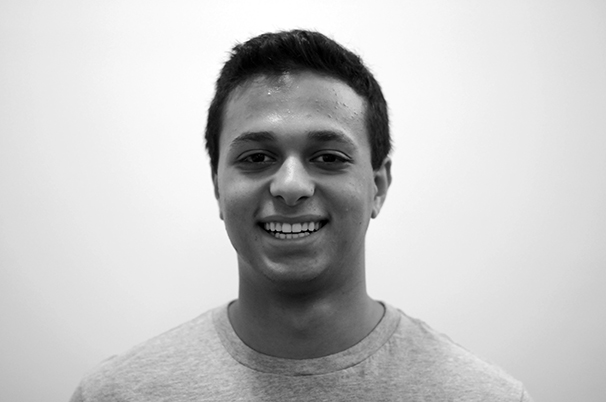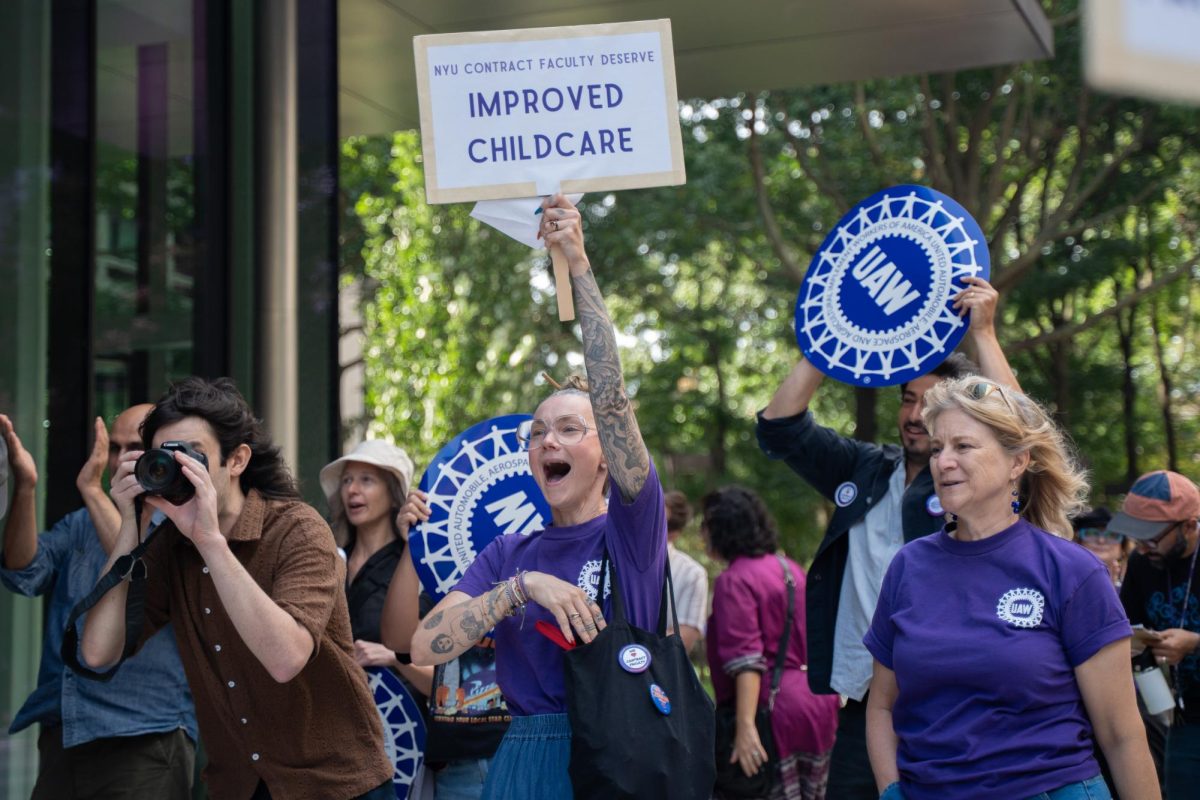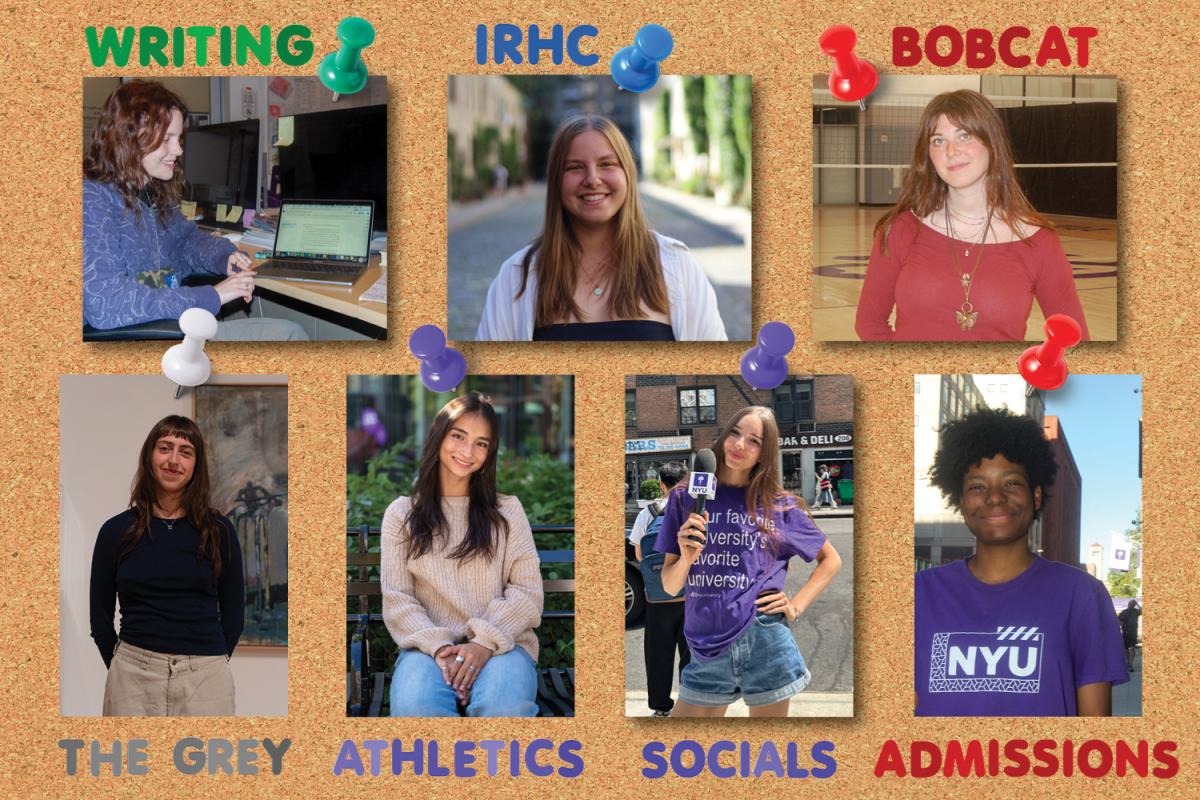Common ground needed in wake of Ferguson
November 26, 2014
I was planning to write about Bill Cosby or Thanksgiving for this column, because I have strong opinions on both. But at 9 p.m. on Monday, Nov. 24, when Officer Darren Wilson was not indicted by the St. Louis County grand jury, my focus was shifted.
From the window of the Washington Square News office just south of Union Square, I could hear the chants of protesters filling the dark streets. Sirens blared. I followed the entire newsroom outside. The verdict left many of us angry and confused and sad, and we wanted to join these people with similar views of equality.
I am a brown Muslim from Wyoming. My experiences are not comparable to Michael Brown’s — though it may seem like I am attempting to inflate my struggle to parallel his for the sake of seeming interesting. I exist as a tiny minority in a small town of mostly white people. To my peers and acquaintances, my ethnicity and race are interesting, not threatening. But I identify with the feeling of differentness — for me, that is connection enough. So that is my advice: find commonality with Michael Brown or Eric Garner or Trayvon Martin. Even if the association seems forced, acknowledging what is shared makes it much more difficult to ignore what is unequal.
In his ongoing series of articles called “When Whites Just Don’t Get It,” New York Times columnist Nicholas Kristof deconstructs the depths of the racial inequality in this country. He writes “We are not racists, but we accept a system that acts in racist ways.” Yes, the protesters on Monday night were responding to the verdict, but they were angry because they were fueled by decades of systemic oppression. Though disappointing, the violence was unsurprising.
While other national issues are important, this is one of the few that can benefit from thoughtful commentary. Enough stories, when gathered and shared, can have a loud and resonant effect. So long as it is peaceful, any protest is useful protest — there are no fair claims against slacktivism when it concerns a movement that has this much influence. If unable to protest, tell your friends how Brown’s murder makes you feel. Start conversations about the government that supports a system under which a white officer serving in an overwhelmingly white police force can shoot an unarmed black male in a town of mostly black people and be found innocent of all wrongdoing. Recognize that having a black president is not a definitive marker of racial progress. Learn about the history of inequality in Ferguson and the United States, and understand how that history impacted Monday’s verdict. Above all, in spite of all the justified reasons to lash out, be peaceful.
A version of this article appeared in the Nov. 26 print edition. Email Omar Etman at [email protected].






























































































































































